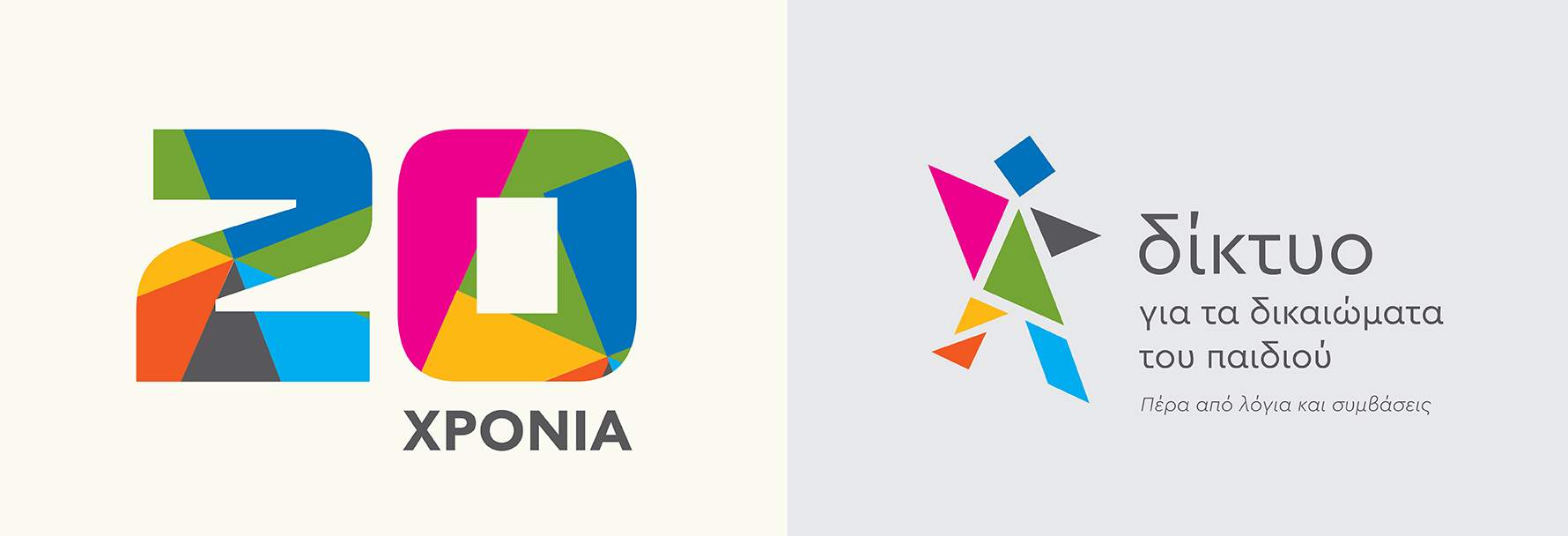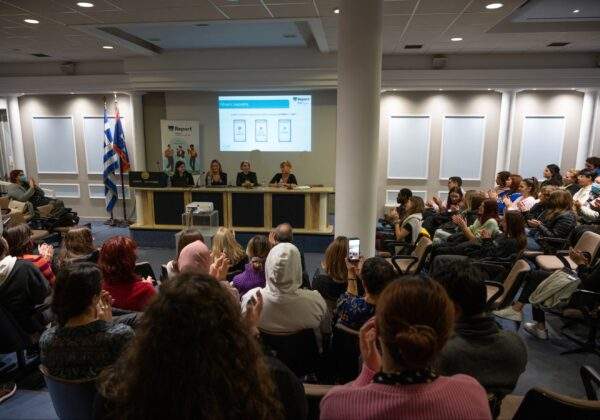Dear Mr Buxadé,
Dear Shadow Rapporteurs,
Dear Members of the Committee on Civil Liberties, Justice and Home Affairs (LIBE),
We are writing to you to underline our concerns about the amended proposal to reform the
EURODAC Regulation. In this letter, we first outline the aspects of the reform (including those inherited from the 2016 proposal as well as from the 2018 political agreement between the Council and the European Parliament) that are extremely worrying for the fundamental rights of asylum seekers, refugees and migrants. Far from being a mere technical dossier, we stress that the EURODAC dossier is of a highly political and strategic nature. It may undermine the EU’s duty to respect international asylum and migration law and standards. Secondly, we highlight the multiple procedural shortcomings of this legislative process, which clash with the European Union’s (EU) high aspirations for transparency and accountability.
Substantive and fundamental rights concerns
There are significant concerns with the proposed changes to EURODAC, in particular the risk of undermining the fundamental rights of migrants and persons on the move. EURODAC is becoming a ‘powerful tool for mass surveillance. The proposed repurposing of the database, implying the processing of more data categories for a wider set of purposes, is in glaring contradiction with the purpose limitation principle, a key principle of the EU’s data protection framework. For that reason, we oppose this evolution of EURODAC from a tool supporting the implementation of the Dublin Regulation to a weapon against migrants.
Our specific concerns are the following:
The processing of facial images: The proposed use of facial recognition for biometric
identification is intrusive, disproportionate, and privacy-invasive. The European Commission has failed to demonstrate that the capture of facial images meets the necessity and proportionality test, as it de facto leads to deeper surveillance of migrants and infringements upon data protection rights. The ability of this technology to increase the accuracy of matches, and thus the efficiency of the system, has not been proven and is therefore not a sufficient justification for such serious interference with people’s fundamental rights. As the EU is reflecting on which uses of Artifical Intelligence (AI) are acceptable in a democratic society, the introduction of facial recognition into EU law enforcement and migration control instruments must be subject to the same level of scrutiny. People on the move deserve the same level of protection as anyone
else and the EU should not take advantage of their vulnerable situation to subject them to mass surveillance and undignified treatment.
Taking the biometric data of children when child protection is not the purpose: According to the proposals, anyone above the age of six has to comply and allow their biometric data to be taken.
To put this into perspective, children younger than 16 are not even able consent to have their personal data processed under the GDPR, again showing the different treatment to which migrant children are subjected. Taking and retaining the biometric data of children for nonprotection related purposes is a seriously invasive and unjustified infringement on the rights of the child, their rights to privacy and data protection, and also undermines the principles of proportionality and necessity. It contradicts UN guidance that arguments based on migration control cannot override best interests considerations.
Coercion: In its previous position, the Council proposed the mandatory application of
administrative sanctions against people, including children, who refuse to have their biometric data captured, including the use of coercive means to extract data from migrants. This would constitute a grave infringement on fundamental rights to dignity, integrity, liberty and security and the protection of personal data. Although the current version of EURODAC does not foresee these sanctions, there have already been credible reports of coercion being used to extract biometric data from asylum seekers.iii The EU Agency for Fundamental Rights (FRA) has stated that it is “difficult to imagine a situation where the use of physical or psychological force to obtain fingerprints for EURODAC would be justified”.iv Furthermore, as 23 civil society and UN organisations argued in 2018, all children, no matter their age, should be exempted from all forms of coercion in the EURODAC Regulation, in full compliance with the UN Convention on the Rights
of the Child.
Widened scope and new categories: There proposal puts forward an exponential expansion in the database’s scope: new categories of data (identity information), new categories of persons, including “persons apprehended irregularly crossing the external border”, “irregular migrants”, persons disembarked from search and rescue operations, people eligible for resettlement inside the EU and people in third countries eligible for admission on humanitarian grounds. This largely diverts from the original purpose of EURODAC (and thus compromises the principle of purpose limitation). Furthermore, the data retention period would be significantly increased (for “irregular migrants” from 18 months to 5 years). If approved, these changes would contribute to the wholly unjustified mass surveillance of migrants.
Interlinking of records: The interlinking of EURODAC records would enable the production of statistics on asylum applications in the EU, complemented by statistics based on other EU migration databases. Given the underlying strategy of the Migration Pact to prevent arrivals, this statistical information on how individuals seek legal ways to access EU territory would certainly be misused by authorities. It would also inform measures that aim to hamper arrivals and prevent people from lodging an asylum claim, thus infringing on the fundamental right to seek asylum and on EU Member States’ obligations under International Refugee Law.
Permissive law enforcement access and arbitrary security flag ging : Several conditions which currently restrict EURODAC access by law enforcement authorities would be removed under the proposed changes, reinforcing the idea that all migrants registered on EURODAC are security threats. Most worryingly, the addition of a “security flag” during the screening process would provide grounds to reject a claim for international protection, with long-lasting consequences for the person concerned. However, this security flag may not be based on accurate, verifiable data.
Political due process
The following concerns as to the lack of transparency and due process of the EURODAC reform have severely undermined the legitimacy of the process and hampered the ability of citizens and civil society to provide oversight.
Secrecy of political agreements: Crucial changes have been made in secret during the legislative process, drastically limiting the scope for democratic oversight of the process. In particular, the basis of the amended proposal is the political agreement of 2018 which was never made publicand therefore is entirely inaccessible to civil society, citizens and other watchdogs for fundamental rights.
Failure to conduct an impact assessment: No impact assessment has been conducted or
published to delineate the fundamental or child rights implications of the significant changes proposed. Not only does this undermine due process and the Commission’s Principles for Better Regulation, it has engendered a scenario in which potentially vast infringements of the fundamental rights of hundred thousands of adults and children, and the threat of mass surveillance, goes unscrutinised, and thus is highly incompatible with genuinely democratic legislative processes.
Lack of cohesion with other policy files: EURODAC has been unduly ‘fast-tracked’ separately
from the other legislative files contained in the Migration Pact. The ongoing horizontal impact assessment of the remaining four files (the Screening Regulation, the Asylum Procedures Regulation, the Regulation for a Crisis Instrument and the Asylum and Migration Management Regulation) did not cover EURODAC. As a result, interactions between EURODAC and the four other legislative proposals were not accounted for and, therefore, the possible implications will not feed into the legislative considerations.
With these concerns in mind, we, the undersigned, call on Members of the European Parliament to:
1. Implement a temporary delay to the legislative process to give due time for significant
consideration of the fundamental rights implications of the proposed EURODAC reform;
2. Ensure the completion and publication of an impact assessment on the EURODAC reform
by the European Commission, in compliance with the Better Regulation Principles. The
LIBE Committe should require an impact assessment of the EURODAC proposal,
analysing the intersections with the Migration Pack files and other related policy
instruments. The Regulation should be developed in relation to the other intruments and
afforded the same level of scrutiny by the Committee;
3. Ensure meaningful consultation with civil society working on the fundamental rights of
migrants, children, data protection and digital rights with respect to the proposed
changes to the EURODAC database;
4. Reconsider the proposals outlined above by both co-legislators insofar as they do not
meet the principles of necessity and proportionality, unduly extend the purpose of the
EURODAC database, fundamentally and unjustifably restrict the fundamental rights of
migrants, and contribute to a harmful escalation of mass surveillance practices.
Access Now, International
Amnesty International, International
Aspiration, USA
AsyLex, Switzerland
Border Violence Monitoring Network, International
Digitalcourage, Germany
Državljan D, Slovenia
Child Rights International Network (CRIN), International
Electronic Information Privacy Center (EPIC), USA
epicenter.works – for digital rights, Austria
European Center for Not-For-Profit Law Stichting, International
European Council on Refugees and Exiles (ECRE), International
European Digital Rights (EDRi), International
European Network Against Racism (ENAR), International
European Network on Statelessness, International
Greek Forum of Migrants, Greece
Hellenic League for Human Rights, Greece
Hermes Center, Italy
Homo Digitalis, Greece
IT-Pol Denmark, Denmark
JustPeace Labs, International
Ligue des droits humains, Belgium
Maisha e.V.-African Women, Germany
Missing Children Europe, International
Network for Children’s Rights, Greece
Open Society European Policy Institute (OSEPI), International
PICUM – the Platform for International Cooperation on Undocumented Migrants, International
Red Acoge, Spain
Refugee Legal Support, Greece
Statewatch, United Kingdom
Terre des Hommes International Federation, International





